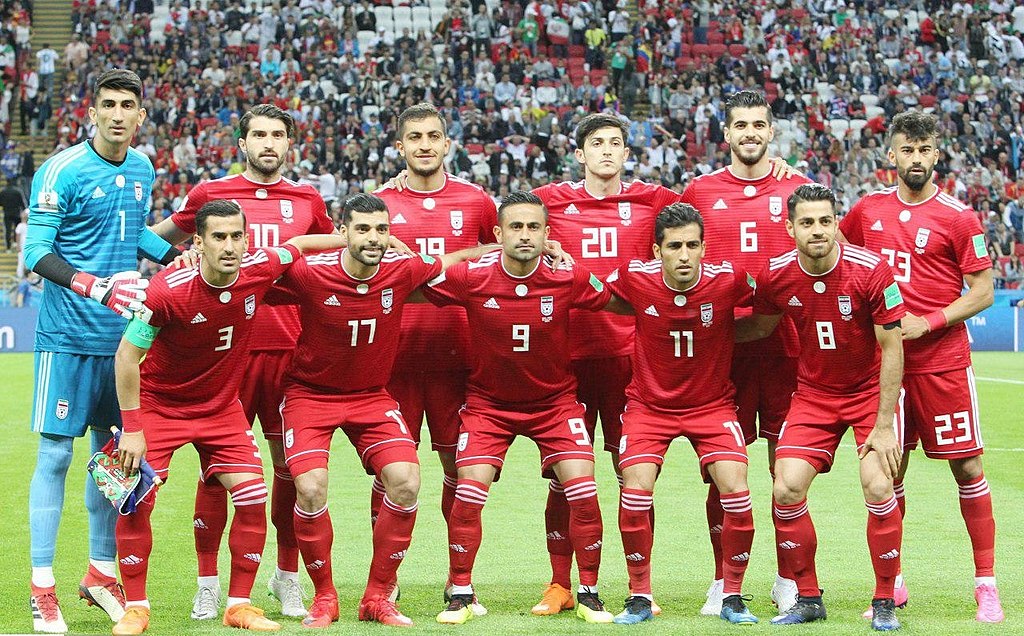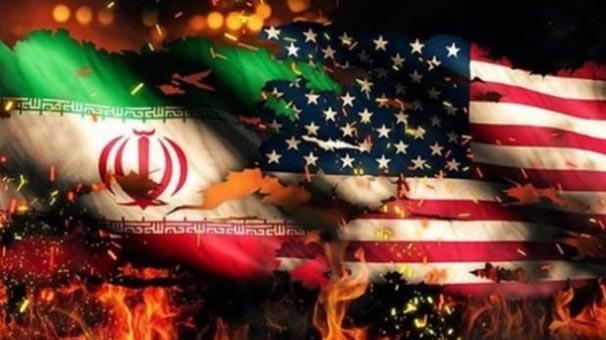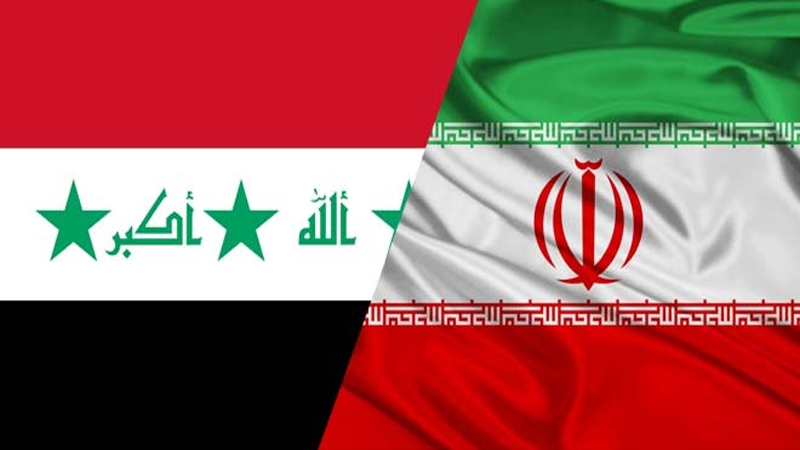What Iran’s World Cup Team Says About Oil Production

BY BRENDA SHAFFER
In the current tight oil market, where little wiggle room exists between supply and demand, any production outage has the potential to significantly impact the global oil price. And while observers frequently discuss many of the geopolitical risks that could lead to such outages, the potential for outages in Iranian production warrants further consideration—and not simply because of the re-implementation of sanctions. One key threat to Iranian oil production is domestic—specifically intensifying ethnic tensions, the depth of which were recently displayed on the soccer pitch of all places.
Iran’s leaders celebrated the participation of their Milli (national) Team in the World Cup as a symbol of national unity. However, while it is celebrated publicly, below the surface soccer is synonymous with the country’s simmering undercurrents of ethnic tension. Those tensions quickly and clearly came to the surface following Iran’s participation in this year’s World Cup.
Like the population of Iran itself, which is 50 percent non-Persian, half the members of Iran’s national soccer team are ethnic minorities. In a major interview after Iran was eliminated from the competition, Karim Ansarifard, the celebrated captain of the national team, declared that he is proud to be an Azerbaijani, an ethnic Turk, and a native of Ardebil (an ethnic Azerbaijani populated area of Iran). Ansarifard, who scored the team’s only goal, stated that wherever he goes in the world playing soccer, he tells everyone that he is proud to be from Ardebil. Not once in that interview did he use the term “Iranian.”
Similarly, fellow team member Sardar Azmoun, an ethnic Turkman, resigned from the national team and retired from soccer after facing a storm of ethnic slurs on social media for his poor World Cup performance. While Azmoun was crucial to Iran’s success in qualifying for the World Cup tournament, following one moment of weakness, he was torn to pieces as the Iranian masses revealed their ethnic sentiments toward their so-called national team.
These very public examples of ethnic division reflect the same behaviors that are taking place with increasing frequency throughout Iran. In many areas, they are boiling to the surface in the form of intense demonstrations against the ruling regime. While not widely reported by the Western media, these protests are unique in not calling for a specific policy change, but rather for a complete end of the ruling Islamic Republic of Iran.
The Khuzestan province, the center of Iran’s oil production, is one of the epicenters of anti-regime demonstrations. Within the province, the city of Abadan has been particularly rebellious. While Western media has generally described these demonstrations as motivated by water shortages and environmental concerns, this is only particularly accurate. The overwhelming majority of the residents of Khuzestan province are ethnic Arabs and, almost counterintuitively, Arabs are widely discriminated against in the Islamic Republic. These residents’ complaints about environmental degradation are intertwined with ethnic-based grievances, as the local population largely believes they bear the brunt of environmental and health damages associated with oil and gas production, while the Persian center of the country enjoys the profits.
This current wave of intensified demonstrations may very well affect Iran’s oil production and exports. And, while the global oil price already reflects plans to remove some Iranian oil from the market with re-imposition of US sanctions, it does not take into account the possibility of more significant outages in the country’s production. As the summer continues and demonstrations around Iran continue to unfold, it is worth paying attention to Iran’s provinces and the ethnic sentiments being expressed there. As US Secretary of State Pompeo will reportedly roll out new Iran policy measures next week, the administration should take a good look at what is developing in Iran’s provinces and reflect that in US policy, and oil watchers should pay close attention to events in Iran’s oil producing Khuzestan province.
Dr. Brenda Shaffer is a senior fellow with the Atlantic Council Global Energy Center. You can follow her on Twitter @ProfBShaffer























